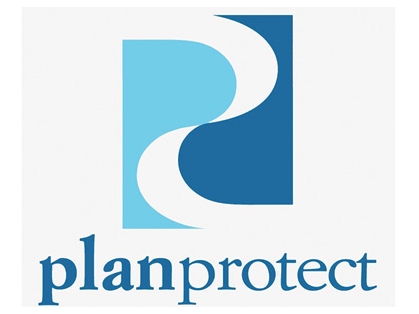Plan Protect
205/14 Rodborough Rd, Frenchs Forest, NSW, 2086


Ask Janne: I am nearing retirement, how should I best extract value from my home?
Dear Janne,
I have recently retired and am struggling to live on my superannuation. My house is now worth a lot of money, especially after the rise in value over the last two years.
What is the best way to extract value from my house to allow for a better retirement lifestyle?
Regards, Andrew
Dear Andrew, thank you for your email.
This is a common question among retirees, and as you rightly point out, one which has provided more opportunity for Sydney residents over the last couple of years.
You can extract value from your house using a number of methods. Which is best depends on your own situation and preferences, hence the need for professional advice. Below is a summary of the most common methods with a discussion of the advantages and disadvantages of each.
Sale of existing home and purchase of a lower value property.
This is probably the most commonly used strategy (certainly among my clients). This often involves either purchasing a smaller property or moving out of Sydney (Australia's most expensive property market).
Other possibilities include staying on the northern beaches and moving further away from the beach/lake/Pittwater or moving outside the beaches area entirely. Many people do the ‘sea change’ or move closer to their children who often cannot afford to live near the parents.
This can work very well but can have disadvantages, especially if moving away from friends and family. There is also significant changeover cost with stamp duty and sales commission on the sale of the current home.
For those wishing to stay on the beaches, even a smaller home can still cost in excess of $1,000,000, leaving little excess after costs.
Traditional home loan/Reverse Mortgage/Equity sharing
There are various loan products which can release part of your home's value.
A traditional home loan can be difficult to arrange once you are retired and if arranged after age 65, banks will usually ask for repayments of principal and interest over 10 years. This makes the repayments prohibitive.
This is best arranged whilst still working and under age 65. If the limit is more than you intend to use, you can have some the loan proceeds available for repayments, at least for some time.
A reverse mortgage is usually available once you reach age 65. The mortgage is for a small percentage of the value of your home (say 20 per cent) at younger ages and may go up to around 40 per cent at around age 80.
No repayments are made, although some reverse mortgages do allow you to make repayments if you wish. The interest is higher than a traditional home loan and is always a variable rate. Interest is added to the loan and the loan must be repaid if you sell the home, move out of the home or die.
The risks include lesser benefit to beneficiaries, or potentially having insufficient value in your home to fund a nursing home of your choice if required. The biggest problem arises if one member of a couple needs nursing home care and one doesn’t. This can leave you with very limited choice.
Equity sharing is a similar concept to a reverse mortgage in that no repayments are required. This is where a bank takes a percentage of the sale proceeds of your home (when sold) for lending you a smaller percentage of the value at the time the loan is taken.
Retirement village
This has been given a separate heading, even though it is similar to my first point. This is a way of releasing a significant proportion of your home’s value.
For many people, this is a way of staying on the northern beaches and at the same time having a wonderful lifestyle with the balance of the proceeds from the sale of their home.
For more information, please contact me of your financial planner.
Regards, Janne





